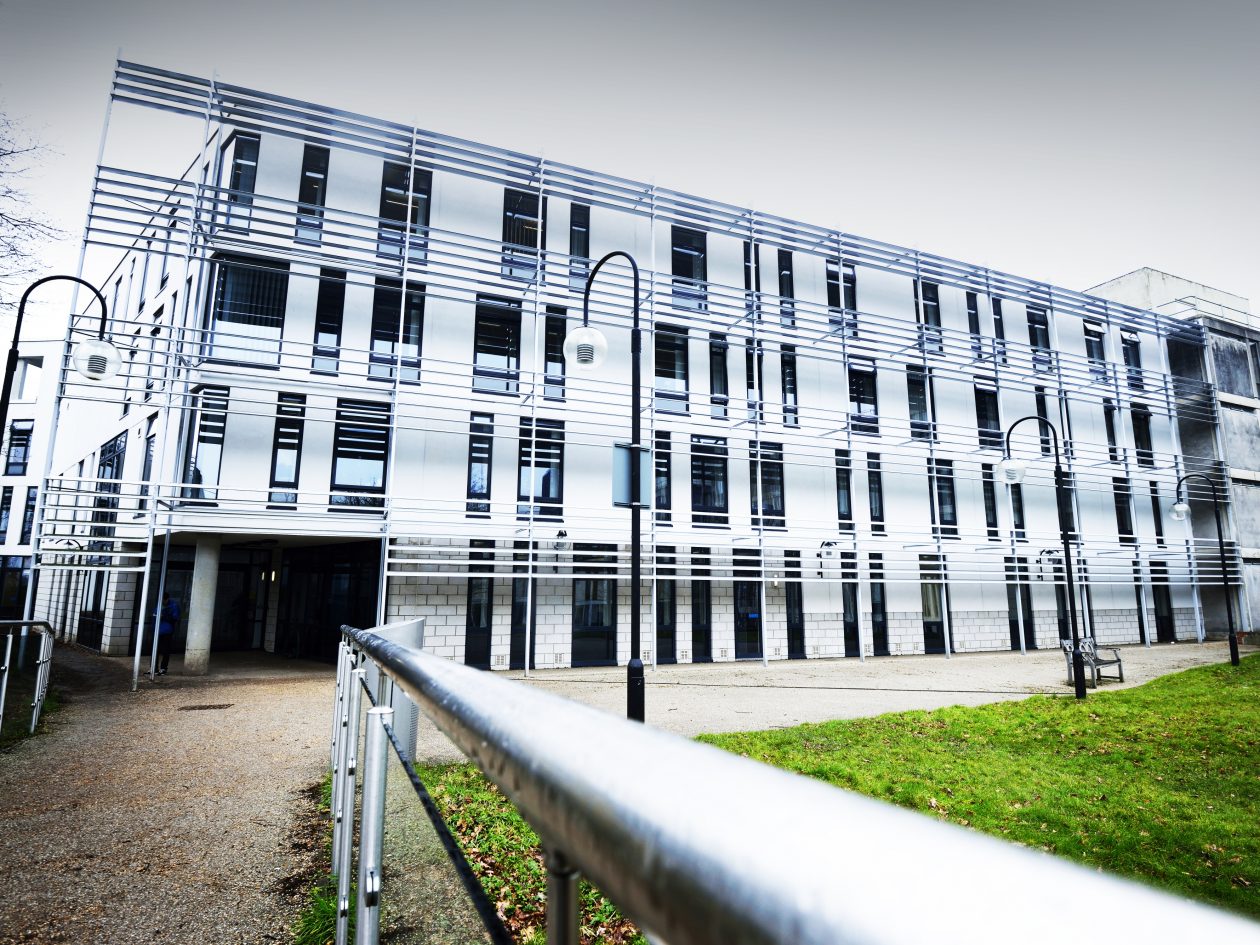Helping postgraduate researchers investigate the interplay between a person’s biology, experiences and behaviour throughout their lives will be the focus of a new Centre for Doctoral Training involving the University of Essex.
The Social Biological Centre for Doctoral Training – called Soc-B – led by University College London (UCL) is part of the new Doctoral Training Network launched this week by the Economic and Social Research Council (ESRC). The University of Essex and the University of Manchester are working with UCL as Soc-B partner institutions.
Soc-B will be 50 per cent co-funded with the BBSRC and is designed to “pump prime” the development of training in this emerging research area. Funding is for three cohorts of at least 10 students per year.
Professor Meena Kumari, from the Institute for Social and Economic Research (ISER), and Professor Leonard Schalkwyk from the School of Biological Sciences are the lead Soc-B academics at Essex.
Professor Kumari said the aim of Soc-B is to create the next generation of multi-disciplinary researchers, with skills in both social and biological sciences.
The training programme will develop students and studentships that explore how our social experience and environment “get under our skin” and affect our biology, and also how our biology impacts us and our behaviour in the social world.
Professor Kumari said: “The Soc-B consortium hosts the largest concentration of ESRC flagship investments in biosocial research.
“The University of Essex is rapidly becoming a centre of expertise in biosocial research including the ESRC-funded Understanding Society – the largest study of its kind.
“It also boasts particular research leadership in the social sciences, life-course research, neuroscience, genomics and innovation in advanced analytic methods.
“Soc-B will capitalise on the wealth of expertise available in this emerging and innovative field of research to create a stimulating and inspirational environment for postgraduate training.
“We look forward to working with UCL and Manchester University to create the future leaders of biosocial research.”
Professor Schalkwyk said: “This funding for training PhD students is very encouraging, it will help us attract excellent students and develop exciting research at the intersection of biology and social science.”
Head of the School of Biological Sciences Professor Christine Raines said: “This builds on our recent investment in genomics within the School, being led by Professor Schalkwyk. This will enable the link between biology and social sciences to grow and provide unique opportunities for staff and our students to work across these disciplines.”
The University of Essex will also be the lead institution within the new South East Network for Social Sciences Doctoral Training Partnership which again will aim to widen access to postgraduate study and deliver the highest quality training in the social sciences.
The 14 new Doctoral Training Partnerships covering the UK have been accredited for six years and will start taking students in October 2017. In total around 500 studentships will be available per year with 50 Postdoctoral Fellowships also funded through the Network.
The University of Essex is committed to excellence in education and excellence in research. It was 4th in the UK for research excellence within social science in the last Research Excellence Framework (REF 2014).
